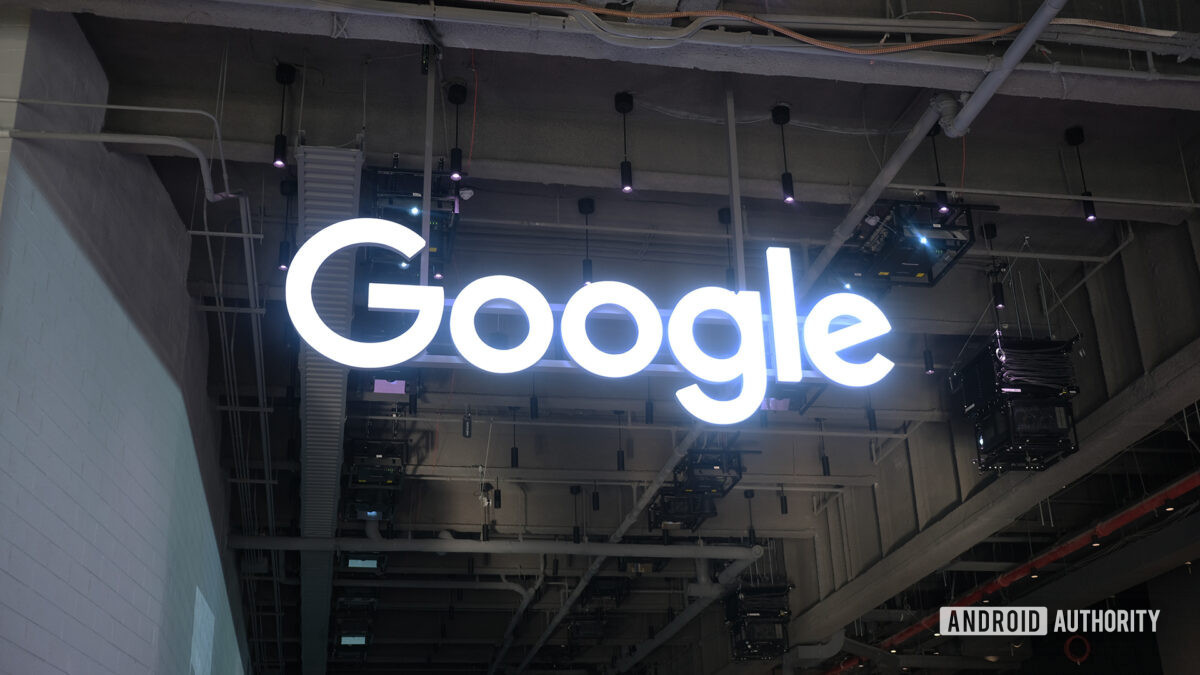
- In a new framework policy proposal, Google lays out its ideas for protecting children online.
- Interestingly, Google says identity and age verification systems for this purpose can be “unnecessary.”
- Google would rather see technology companies follow “age-appropriate design principles” through legislation instead.
Recently, the Global System for Mobile Communication Association (GSMA) published a report saying that over half of the world’s population is online and using a smartphone. Of those over four billion people, a sizable percentage are children under the age of 18. Over the past decade, global legislators have questioned how to keep children safe online — with few agreed-upon answers.
Now, Google has thrown its hat into the ring. The company published a document titled “Legislative Framework for Protecting Children and Teens Online.” In a blog post, Google summarized its thoughts on how technology companies should approach keeping kids safe in cyberspace. Interestingly, Google doesn’t think identity and age verification systems — oft-proposed solutions — are always the right move.